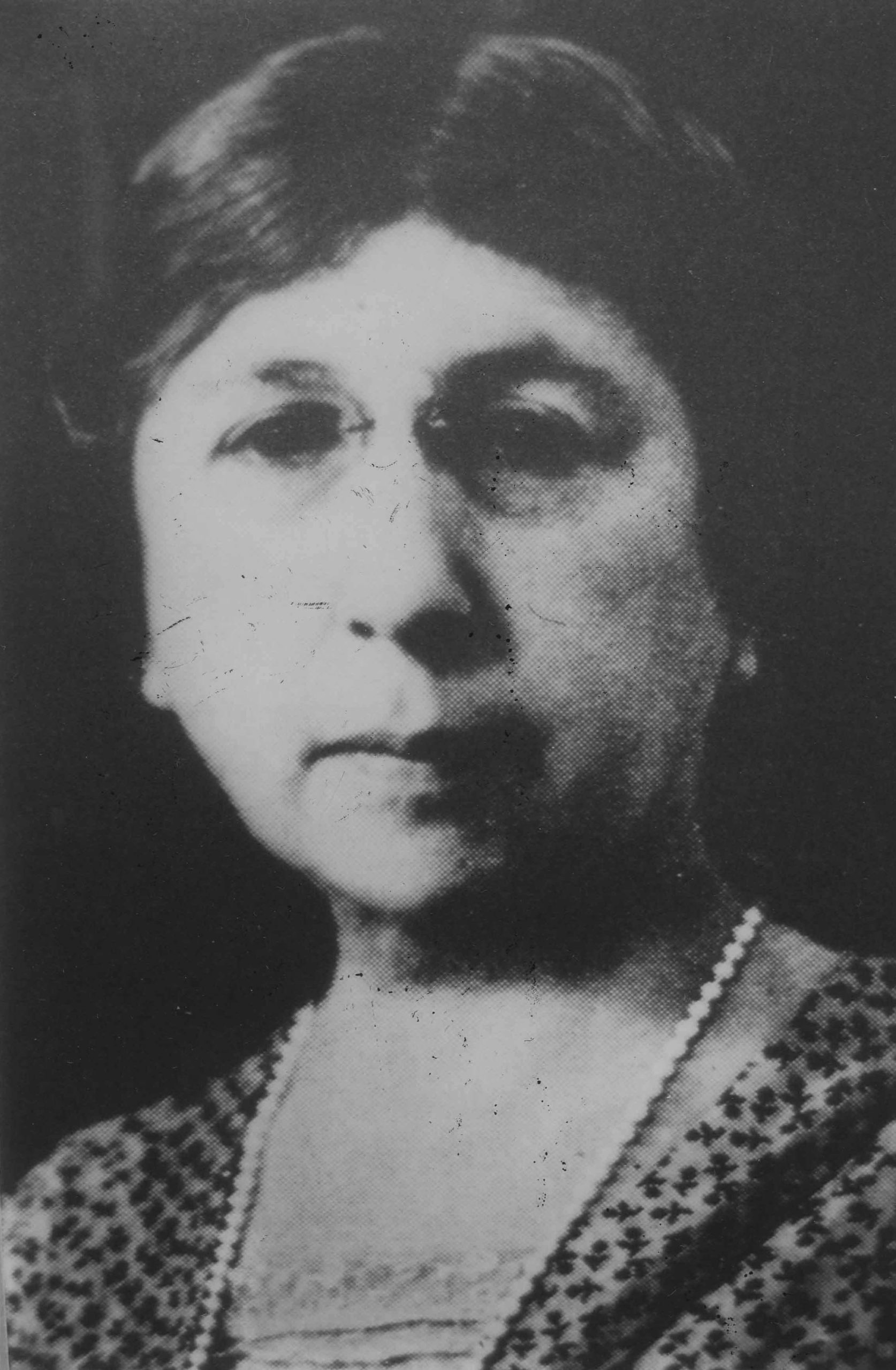

Love Rosa Hirschmann Gantt (1874–1935) was the first woman physician in Spartanburg, South Carolina. A pioneer in providing health services to rural areas, she served as acting surgeon for the U.S. Public Health Service.
Born in Camden, South Carolina, on December 29, 1874, Rosa (her preferred name) Hirschmann’s family moved from Cades, South Carolina, to Charleston, where her father, Solomon, a native of the Austro-Hungarian Empire, opened a wholesale grocery store and she attended local schools. At the age of 14, when her mother, Lena Nachman Hirschmann, died, Rosa helped care for her father and younger siblings. Her numerous responsibilities, however, did not deter her from excelling in her studies; after graduating from high school, Rosa enrolled in the college today known as the Medical University of South Carolina. In 1901, she was one of the first two women to obtain a medical degree from the institution.
After postgraduate training at the Aural and Ophthalmic Institute and the New York Ear and Eye Hospital in New York, Dr. Hirschmann was appointed resident physician at Winthrop College in Rock Hill, South Carolina.
A year later she left Winthrop to marry Spartanburg attorney Colonel Robert Gantt and relocated to his hometown. Without delay, she established a practice as an ear, nose, and throat specialist, making her the first female physician in the city. In the 33 years she practiced medicine, she left an indelible mark on the health and well-being of Spartanburg County.
Along with her private practice, Dr. Gantt pioneered work in public health by dispatching mobile health clinics to rural areas of the state with a dearth of physicians. These “health mobiles” were among her greatest innovations. Staffed with physicians, nurses, and nutrition workers who offered immunizations, examinations, prenatal, and dental care, their motto was “Bringing Health to the Country.”
A highly respected doctor, Gantt served as an officer for the all-male Spartanburg County Medical Society from 1909 to 1918 and was one of the first female members of the Southern Medical Association. She also served as president of the American Medical Women’s Association.
During World War I, Gantt organized local women to sell Liberty Loans, serve in the Red Cross, and engage in hospital work caring for soldiers. She was the only woman to be appointed to a draft board in the United States and hold a commission from the Department of Commerce as a medical examiner of air force pilots.
Dr. Gantt was the first president of the Women’s Auxiliary of Temple B’nai Israel, incorporated in 1916. In addition, she negotiated with Oakwood Cemetery to create Spartanburg’s first Jewish burial section. In 1922, the Sisterhood of Temple B’nai Israel joined the State Federation of Temple Sisterhoods and changed its name to Temple B’nai Israel Sisterhood. In 1919, Gantt was elected president of the South Carolina Federation of Temple Sisterhoods.
From her leadership of Temple Sisterhoods, locally and on a state level, to her work as a suffragist, Dr. Rosa Gantt illustrates how Jewish women of her era blended traditional Jewish values with prevailing social and religious ideas. As a member of the South Carolina Equal Suffrage League when it was organized in 1914, Gantt was on the cutting edge of suffragist activity. She was one of the few educated women who became both professionally and politically active—balancing her medical career and her duties as legislative chair of the South Carolina Equal Suffrage League.
Gantt was also instrumental in establishing Spartanburg General Hospital, the first public hospital in the city. After decades of devoted service to Spartanburg, Dr. Gantt died in 1935, following surgery for uterine cancer.
Reflecting the high esteem in which she was held by residents of the city, an obituary published in the Spartanburg Herald-Journal on November 17, 1935, praised her many accomplishments: “[S]he was one of the outstanding women of this section, not only a shining example of a physician standing for the highest and best in ethics, but a leading worker in social service.”
Gantt’s death was a loss to the medical community and to the synagogue where she devoted much of her time. Similar to the North Carolina Jewish activist, Gertrude Weil, who was politically active and, at the same time, committed to her synagogue and Jewish causes, Gantt was a “New South” progressive who served her community while challenging gender barriers as a doctor and suffragist.